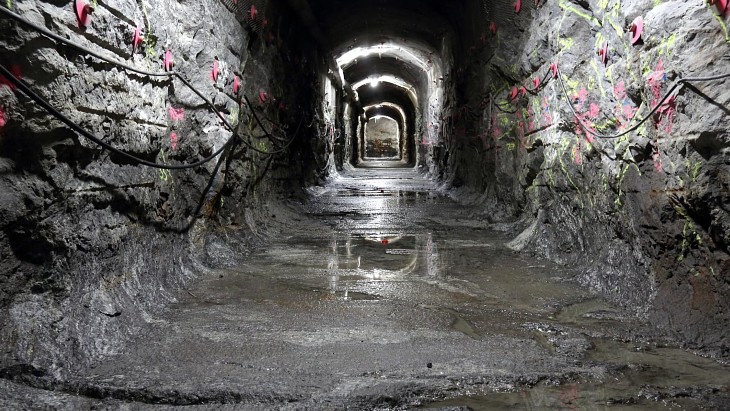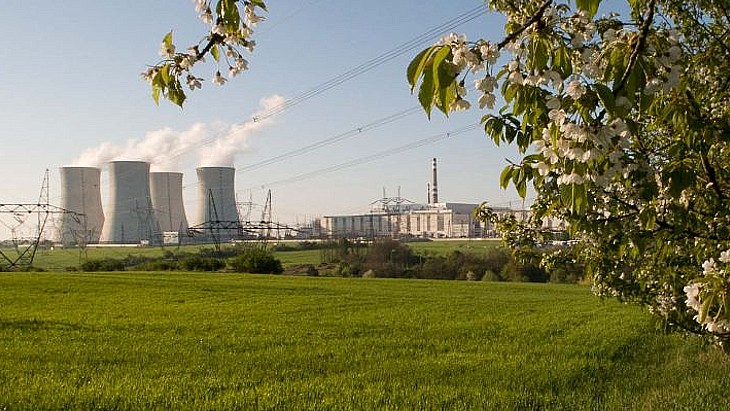The Kozloduy plant - Bulgaria's only nuclear power plant - has two pressurised water reactors in operation with an installed power of about 1000 MWe each. Unit 5 went into commercial operation in 1987 and unit 6 in 1991. The operating licences of the two units have been extended until 2027 and 2029, respectively. Kozloduy units 1-4 have been shut down and are being decommissioned.
A Safety Aspects of Long-Term Operation (SALTO) peer review is a comprehensive safety review addressing strategy and key elements for the safe LTO of nuclear power plants. SALTO missions complement IAEA Operational Safety Review Team (OSART) missions which are designed as a review of programmes and activities essential to operational safety. SALTO peer reviews can be carried out at any time during the lifetime of a nuclear power plant, though according to the IAEA the most suitable time lies within the last 10 years of the plant's originally foreseen operating period. SALTO and OSART reviews are carried out at the request of the IAEA Member State in which the review is to take place.
A pre-SALTO mission was carried out to Kozloduy 5 was carried out in 2016, with one following at unit 6 in 2018. The latest mission, which took place on 6-15 July, was requested by the Bulgarian Nuclear Regulatory Authority (BNRA). The 9-member SALTO team comprised experts from the Czech Republic, Slovakia, Spain and the UAE, and three IAEA staff members.
The team identified good practices that will be shared with the nuclear industry globally, including that the Kozloduy plant: implements comprehensive annual visual inspections of civil structures to identify ageing effects at a very early stage; cooperates with technical universities and high schools to support future staffing needs for the long-term operation period; and, uses comprehensive information systems to monitor and evaluate the risk of loss of tacit knowledge.
It also provided recommendations and suggestions to support the operator in further enhancing safe LTO. These include: fully completing implementation of the equipment qualification programme to confirm reliable safety performance; completing an ageing management review for all of the plant's mechanical structures, systems and components to effectively manage ageing effects; and fully implement ageing management programmes to monitor the condition of low voltage cables and to verify whether important cables are still reliable.
"The team observed that the operator is implementing measures for safe LTO," said team leader and IAEA Nuclear Safety Officer Gabor Petofi. "Most ageing management and LTO activities already meet IAEA safety standards. The SALTO team encourages the plant to further improve its LTO related performance and to address the mission's findings."
"We appreciate the IAEA's support to our plant in ageing management and for safe LTO," said Kozloduy NPP CEO Nasko Mihov. "The results of this mission will help us continue improving our activities for safe LTO in compliance with IAEA safety standards."
The team provided a draft report to the plant management and BNRA at the end of the mission. A final report will be submitted to the plant, BNRA and the Bulgarian Government within three months.

.jpg)





_53514_33880.jpg)






